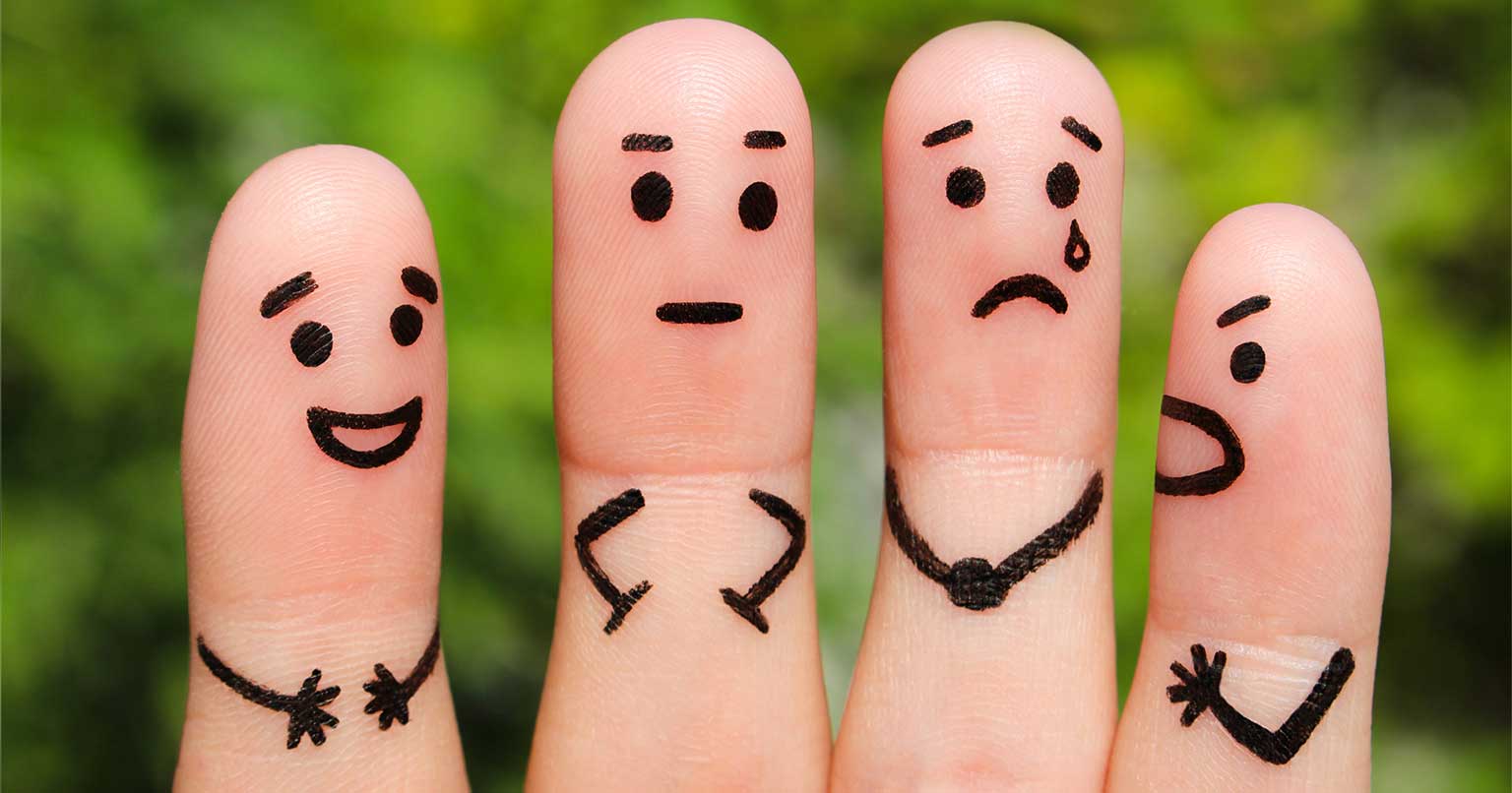Hey there! In a world where we’re increasingly aware of the importance of mental health, it’s vital that we equip ourselves with the skills to respond effectively when mental health challenges arise. Just as knowing how to perform CPR can save a life in a medical emergency, understanding Mental Health First Aid (MHFA) can be a game-changer in situations involving mental health crises. So, why is Mental Health First Aid training so crucial for everyone? Let’s dive into this topic and explore the reasons why it matters and how it can make a big difference in our lives and communities.
The Power of Mental Health First Aid Training
Mental Health First Aid Training Empowers Individuals: By learning how to recognize the common signs of mental health issues and provide immediate support, Mental Health First Aid (MHFA) training empowers individuals to effectively assist those in distress. This training equips you with practical skills to intervene early, offer reassurance, and guide individuals toward professional help, making a significant impact on their well-being.
In addition, the 5-step action plan taught in MHFA training helps individuals understand how to address various risk factors associated with mental health disorders, enhancing mental health literacy in the community.
Widespread Benefits Across Different Settings: MHFA training is beneficial not only for individuals but also for workplaces, educational institutions, and communities. In the workplace, it promotes a supportive culture and improves employee well-being. In schools, it enhances the ability of school staff to support students, leading to better academic and emotional outcomes. In communities, it strengthens support networks and fosters resilience. Moreover, with a focus on adolescent development, MHFA can significantly benefit youth workers and sports coaches in navigating challenges for youth.
Reduces Stigma and Promotes Mental Health Awareness: One of the key benefits of MHFA training is its role in reducing stigma surrounding mental health issues. By normalizing conversations about mental health and providing education, MHFA training helps create a more accepting and understanding environment, encouraging individuals to seek help and support without fear of judgment. The inclusion of evidence-based approaches further ensures that the training effectively addresses substance use challenges and the risk of suicide, making it a valuable resource for communities.
What is Mental Health First Aid?
Defining Mental Health First Aid
Imagine you’re walking through your local park, and you see someone having a panic attack or showing signs of severe depression. What do you do? This is where Mental Health First Aid (MHFA) comes into play. Mental Health First Aid is a training program designed to teach you how to assist someone who is experiencing a mental health crisis or developing mental health issues. It’s about recognizing the warning signs, offering support, and guiding them to professional help if needed.
MHFA training covers a range of mental health problems, including anxiety, depression, and substance use disorders. It equips you with the skills to provide immediate support, just like traditional first aid helps you manage physical injuries until professional help arrives.
The History and Evolution of MHFA
Mental Health First Aid isn’t a new concept. It started in Australia in 2000, and since then, it has expanded globally. The program was developed by Betty Kitchener and Anthony Jorm, who recognized that mental health issues were becoming increasingly prevalent and that there was a significant gap in public knowledge and skills to address them.
Over the years, MHFA has evolved to include updated information on various mental health conditions, reflecting new research and societal changes. It’s now offered in many countries around the world, adapted to local cultures and needs, demonstrating its relevance and importance in today’s world. Notably, the Mental Health First Aid Standard provides a framework for implementing this essential training.
The Need for Mental Health First Aid
The Prevalence of Mental Health Issues
Did you know that one in four people will experience a mental health issue in their lifetime? Mental health problems are incredibly common, affecting millions of individuals globally. From anxiety disorders to depression and substance abuse, mental health issues can impact anyone, regardless of age, gender, or background. The prevalence of mental health issues underscores the need for widespread awareness and support. Mental Health First Aid training helps bridge the gap between professional mental health services and individuals who may be struggling. It empowers ordinary people to provide immediate, empathetic support and potentially save lives.
Moreover, practicing self-compassion is another vital tool for improving mental health. Treating yourself with kindness, understanding, and care—especially during difficult times—can alleviate feelings of stress and self-criticism. By fostering self-compassion, individuals build resilience and a healthier mindset, which can complement the benefits of community-based support. The rising incidence of declining mental well-being in various populations highlights the urgency of these approaches, as many people lack access to professional and self-help resources. Together, self-compassion and community interventions can create a supportive foundation for better mental health.
The Impact of Untreated Mental Health Issues
Ignoring mental health issues can have serious consequences. Untreated mental health problems can lead to a decline in overall well-being, affecting various aspects of life, including personal relationships, work performance, and physical health. For example:
- Personal Relationships: Individuals struggling with mental health issues might withdraw from friends and family, leading to isolation and strained relationships.
- Work Performance: Mental health issues can impact concentration, productivity, and job satisfaction, potentially leading to absenteeism or job loss.
- Physical Health: Chronic stress and untreated mental health conditions can contribute to physical health problems, such as heart disease and weakened immune function.
By addressing mental health issues early, MHFA training helps prevent these negative outcomes and promotes overall well-being.
Key Skills Taught in MHFA Training
Recognizing Signs and Symptoms
One of the primary skills taught in MHFA training is recognizing the signs and symptoms of common mental health issues. Understanding these indicators is crucial for providing timely support. Here’s a quick overview:
- Anxiety: Look out for persistent worry, restlessness, and physical symptoms like sweating or trembling.
- Depression: Watch for signs such as persistent sadness, loss of interest in activities, and changes in appetite or sleep patterns.
- Substance Use: Signs include changes in behavior, neglecting responsibilities, and physical symptoms like weight loss or unusual smells. Understanding the symptoms of substance use can help you intervene before a situation escalates.
Providing Immediate Support
Once you’ve identified that someone might be struggling, the next step is to provide immediate support. MHFA training teaches you how to approach these situations with empathy and care:
- Active Listening: Listen without judgment and allow the person to express their feelings. Show that you’re engaged and concerned.
- Reducing Stigma: Normalize the conversation about mental health and let the person know that it’s okay to seek help.
- Offering Reassurance: Provide comfort and reassurance. Let them know that help is available and that they’re not alone.
These techniques are essential for creating a safe space where individuals feel comfortable discussing their mental health issues.
Guiding to Professional Help
MHFA training also teaches you how to guide individuals toward professional help. Knowing how to do this effectively is crucial for ensuring that they receive the support they need. Here’s how:
- Understanding Referral Options: Familiarize yourself with local mental health services and resources, including mental health authorities and crisis hotlines.
- Approaching a Mental Health Professional: Help the individual understand what to expect when seeking professional help. This might involve discussing different types of therapy or medication options.
- Supporting the Process: Offer to assist with making appointments or accompany them if needed. Your support can make a significant difference in their journey toward recovery.
Benefits of MHFA Training
Improving Workplace Environments
Mental Health First Aid training isn’t just beneficial for individuals; it also has a significant impact on workplace environments. Here’s how:
- Creating a Supportive Culture: Training helps foster a culture of understanding and support within the workplace. Employees are more likely to feel comfortable discussing mental health issues and seeking help.
- Reducing Stigma: By promoting mental health awareness, MHFA training helps reduce the stigma associated with mental health issues. This encourages more open conversations and supports employees who might be struggling.
- Enhancing Employee Well-being: A mentally healthy workplace leads to improved employee well-being, increased job satisfaction, and higher productivity. Companies that invest in MHFA training often see a positive return on their investment in terms of reduced absenteeism and increased employee engagement.
Enhancing Educational Settings
Schools and educational institutions can also benefit greatly from MHFA training. Here’s why:
- Supporting Students and Staff: MHFA training helps educators recognize and respond to mental health issues among students and staff. This creates a more supportive and understanding educational environment.
- Improving Academic Outcomes: When students receive appropriate support for mental health issues, they are more likely to succeed academically and have better overall well-being.
- Fostering a Safe School Environment: Training can help prevent bullying and create a more inclusive and supportive school culture. With the increasing prevalence of substance use crises among adolescents, having trained staff can be instrumental in early intervention.
Educational institutions that implement MHFA training can improve the mental health of their students and staff, leading to a more positive and productive learning environment.
Strengthening Community Support
Communities also benefit from widespread MHFA training. Here’s how:
- Enhancing Community Resilience: MHFA training helps build a network of people who can provide support in times of crisis, strengthening community resilience.
- Increasing Awareness: Training raises awareness about mental health issues and promotes understanding within the community.
- Improving Access to Resources: By guiding individuals toward appropriate resources, MHFA training ensures that people receive the help they need.
Communities that embrace MHFA training can create a more supportive environment for everyone, fostering a sense of belonging and well-being.
Implementing MHFA Training
Finding a Training Program
Ready to get started with Mental Health First Aid training? Here’s how to find a reputable program:
- Research Local Providers: Look for accredited MHFA training providers in your area. Many organizations offer training, including community centers, non-profits, and mental health organizations.
- Check for Certification: Ensure that the training program is certified and meets national or international standards for MHFA training.
Participating in Training
Once you’ve found a program, participating in the training is straightforward:
- Be Open to Learning: Approach the training with an open mind and a willingness to learn. The more engaged you are, the more you’ll benefit from the experience.
- Practice Skills: Participate in role-playing exercises and practice scenarios to build your confidence in applying what you learn.
Why Mental Health Training Matters
Mental Health First Aid training is essential for everyone, regardless of age, profession, or background. By learning to recognize signs of mental health challenges, providing immediate support, and guiding individuals toward professional help, we can create a more supportive and understanding society. The widespread benefits of MHFA training extend to workplaces, schools, and communities, ultimately improving mental health outcomes for everyone. So, let’s prioritize mental health by becoming Mental Health First Aiders and making a positive impact on those around us!
Ready to Take the Next Step Toward Recovery?
At Friendly Recovery, we’re here to help you or your loved one navigate the journey to mental wellness. Our compassionate team offers comprehensive care through Partial Hospitalization Programs (PHP) and Intensive Outpatient Programs (IOP)—tailored to meet your unique needs.
Don’t wait—your path to healing starts now. Call us today to begin your transformation and embrace a brighter, healthier future.
All calls are 100% free and confidential.










